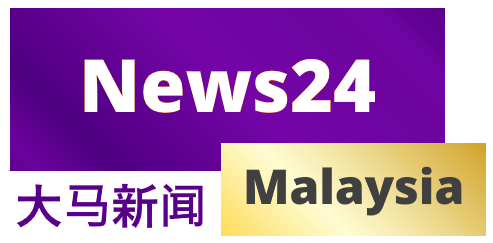Indonesia has taken a decisive step in adapting to global workforce trends by introducing the E33G Visa, a dedicated permit for remote workers and digital nomads. The regulation allows foreign professionals to legally reside in the country for up to one year while continuing to work for overseas companies or clients. Applicants must demonstrate an annual income of at least USD 60,000 and maintain a bank balance averaging USD 2,000 over the last three months, underscoring Indonesia’s intent to attract financially stable professionals.
The policy responds to a long-standing challenge: the widespread use of short-term tourist visas by digital nomads who, in practice, were staying and working remotely for extended periods. By formalising this pathway, Indonesia seeks to provide legal certainty for foreigners while simultaneously channeling their presence into tangible contributions to the local economy. The E33G Visa also aligns Indonesia with a growing number of destinations worldwide that are introducing digital nomad visas as part of post-pandemic recovery strategies.
Although the application process is relatively straightforward—requiring passports, income records, contracts or proof of international clients, and health insurance—it retains a degree of selectivity. Applications can be submitted online via the Directorate General of Immigration, but most applicants should expect an in-person component such as biometric verification. The visa is typically valid for six to twelve months, with renewal available if eligibility is maintained.
For digital nomads, the visa provides security and flexibility. Holders can base themselves in Indonesia’s major hubs—Jakarta, Bali, Yogyakarta, Bandung—without the uncertainty of short-stay permits. Still, the restrictions are clear: the visa does not permit work with local clients or any form of income generated within Indonesia. Compliance is crucial to avoid penalties or future complications with immigration.
Taxation remains another area of attention. While the E33G Visa governs immigration status, it does not automatically exempt holders from tax obligations. Foreigners who spend sufficient time in Indonesia to qualify as tax residents may still be required to report income, even if earned abroad. This makes professional advice on tax treaties and residency status highly advisable for long-term stayers.
Economically, Indonesia hopes to see a multiplier effect. By attracting remote workers with higher disposable incomes, the country anticipates growth in sectors such as co-working spaces, long-term housing, hospitality, and lifestyle services. Regions already popular with digital nomads, particularly Bali, are expected to see an accelerated impact, potentially reinforcing their status as regional hubs for global professionals.
Navigating immigration requirements, however, can be complex. Many remote workers turn to professional advisors to manage documentation and compliance. Firms such as visa immigration specialists at CPT Corporate are frequently consulted for their expertise in guiding expatriates and companies through Indonesia’s evolving regulatory environment.
By introducing the E33G Visa, Indonesia is positioning itself more firmly within the global digital economy. The initiative acknowledges the realities of cross-border work while offering foreign professionals a structured, legal basis to live and contribute locally. For Southeast Asia, this move illustrates how regulatory innovation can support both tourism and broader economic development, signalling a trend that other nations in the region may eventually follow.
(Press Release)






